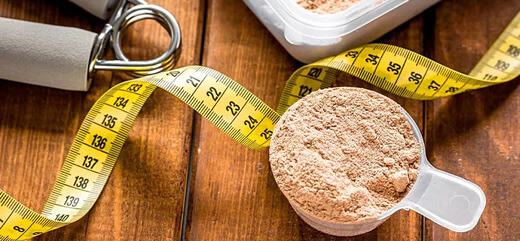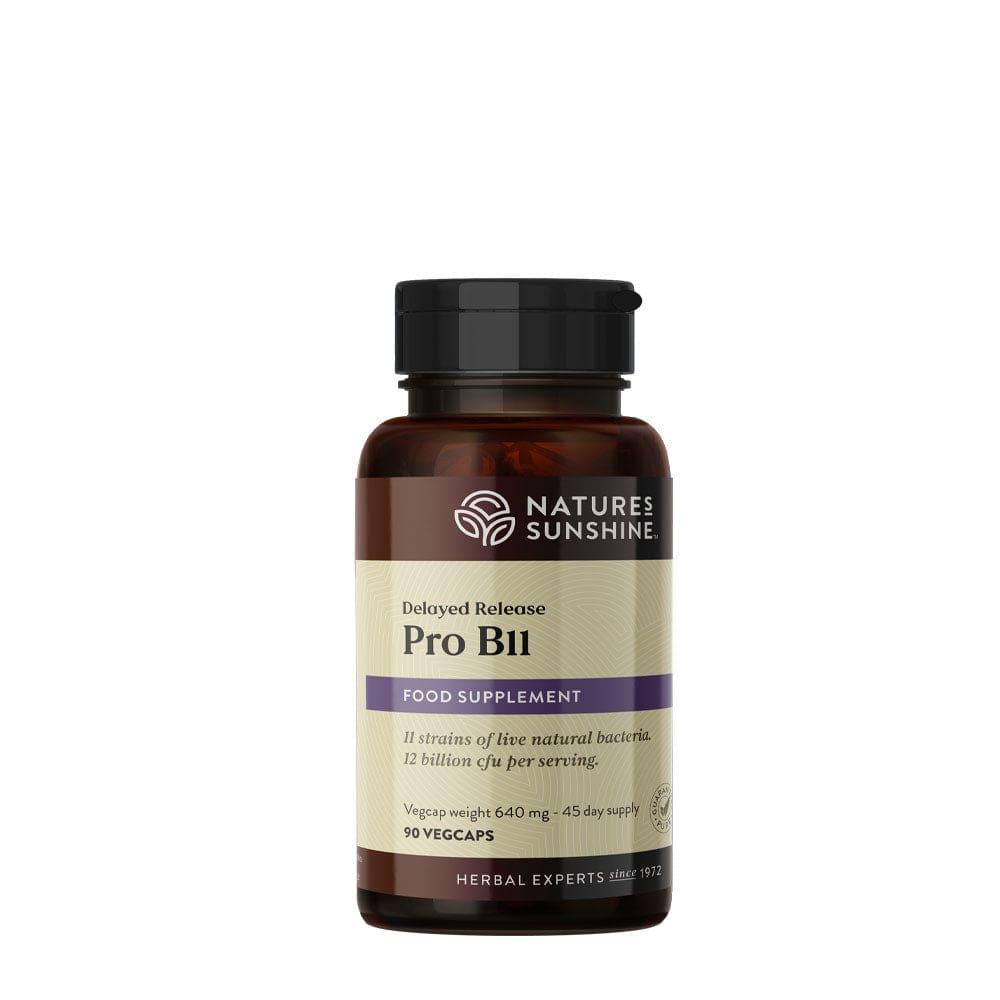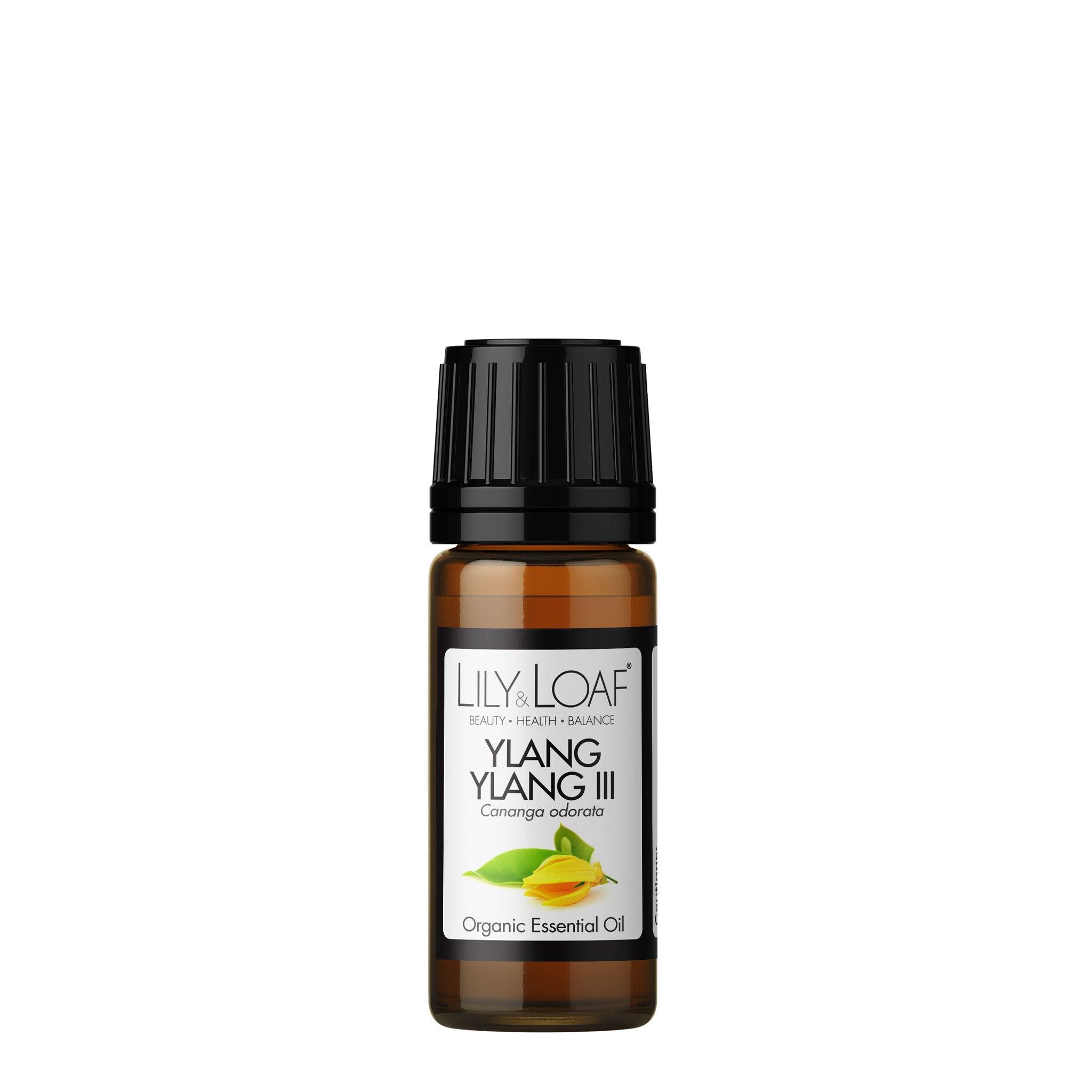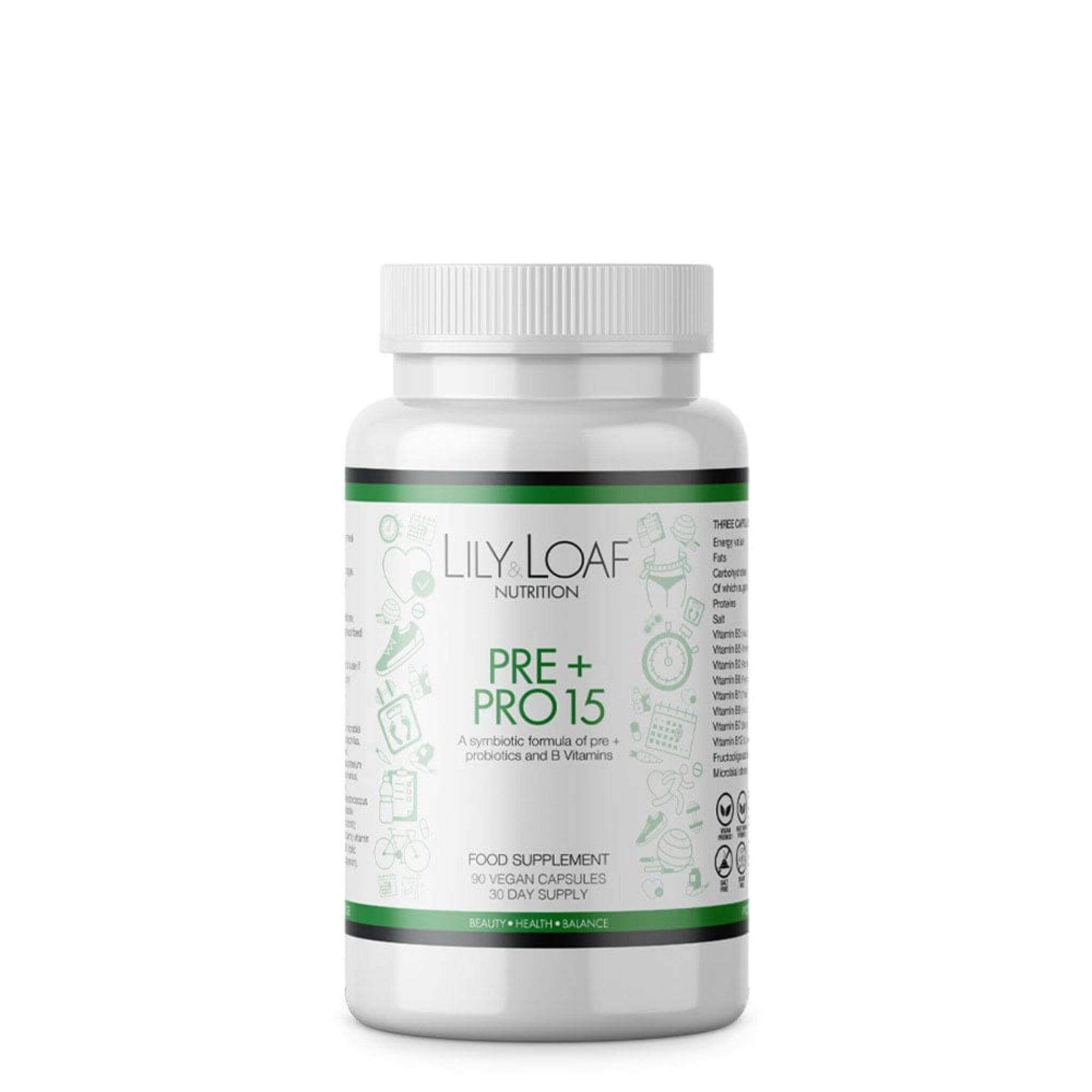
If you’re struggling with a hormone imbalance, you’re not alone.
An estimated one in ten women suffer from some form of hormone imbalance. And while there’s no one-size-fits-all solution, there are some things you can do to ease your symptoms.
The endocrine system is a system of glands – including the pituitary, thyroid and adrenal glands – that secrete hormones directly into the bloodstream. Hormones are the chemical messengers that control your body’s functions, including mood, sleep cycle and appetite. They regulate many functions in your body, such as metabolism, mood and emotions, sex drive, stress levels and reproductive functions. When they become unbalanced, it can lead to a variety of symptoms, such as weight gain or loss, mood swings, fatigue, irregular periods and infertility.
If you think you may be suffering from a hormone imbalance, it’s worth talking to your doctor. They can help you identify the root cause of your symptoms and develop a treatment plan that’s right for you. It’s also important to understand what’s happening in your body. Hormonal imbalances can be caused by a variety of factors, including your diet, alcohol consumption, stress levels and any underlying health conditions such as hyperthyroidism. The symptoms may vary depending on the type of hormonal imbalance you have but usually include changes in weight, skin condition, sleep patterns and mood swings.
SYMPTOMS OF HORMONAL IMBALANCES
Hormonal imbalances are a widespread problem, and while their symptoms can be difficult to identify, knowing the signs can help you find the root cause. The most common symptom of hormonal imbalance is hot flushes, which are typically associated with menopause. Some other symptoms include:
- Increased sensitivity to pain
- Lack of energy
- Mood swings
- Headaches
- Irregular periods
- Anxiety
- Irritability
- Insomnia or sleep problems
- Headaches or migraines
- Low libido
WHAT CAUSES HORMONAL IMBALANCES?
Hormonal imbalances are a common condition in women. They can be caused by many things, including genetics, age, environment, diet, physical activity levels, environmental toxins or hormone-disrupting chemicals in products. Sleep deprivation can lead to decreased levels of cortisol in the body, while poor eating habits can lead to increased levels of oestrogen.
Stress is a major cause of hormonal imbalance symptoms in women. It can increase the production of cortisol, which is linked to weight gain and mood swings. Stress triggers hormones to misfire and cause imbalances in the body. This is because stress impacts your immune system and prevents it from functioning properly.
Stress also affects the body’s ability to regulate insulin and blood sugar levels, which can lead to increased hunger and cravings for sugary foods.
HOW TO COPE WITH HORMONAL IMBALANCES
As a woman, you may experience hormonal imbalances. This is because of the fluctuating levels of oestrogen and progesterone in your body. These two hormones are responsible for regulating the menstrual cycle, fertility and pregnancy. When they are out of balance, it can lead to some unpleasant symptoms such as mood swings, weight gain, insomnia or fatigue.
A common cause of hormonal imbalances is the lack of nutrients, especially vitamins and minerals, in your diet.
One of the best ways to combat this is by eating a balanced diet, which includes a variety of fruits and vegetables, whole grains, lean protein and healthy fats. Foods rich in vitamins A, C and E help regulate hormones in the body.
Probiotics can influence the way your body produces and metabolises hormones. They help regulate the production of thyroid hormones. And getting enough fatty acids – from foods like fish, nuts and seeds – in your diet can help keep your cortisol levels in check and reduce inflammation.
Another way to combat hormonal imbalance is through exercise. Studies have shown that regular physical activity can help reduce symptoms associated with hormonal imbalances such as mood swings or low energy levels. It helps reduce stress levels, improve sleep quality and has a positive effect on blood sugar levels.
Finally, essential oils are a natural way to help your body return to its natural state and maintain hormonal balance. Aromatherapy has been used for centuries to support emotional and physical health. It is a natural, holistic way to balance hormones. The aromatic compounds in essential oils can have a powerful effect on the body, including the endocrine system. Aromatherapy has been shown to be effective in relieving symptoms of hormone-related conditions such as menopause. The most popular essential oils for hormone balance are Clary Sage, Geranium, Lavender and Ylang Ylang.
GIVE LILY & LOAF SUPPLEMENTS A TRY
Your endocrine system functions best when it has ample stores of trace minerals. Unfortunately, many foods in modern diets are low in these vital minerals. Natural supplements can help ensure you’re getting enough of the nutrients you need to support better hormonal balance.
Master Gland, our key system product for the glandular system, is a blend of antioxidant vitamins, minerals and phytonutrients. It contains zinc, which contributes to normal metabolism, the function of the immune system, and normal cognitive function. It also contains a full complement of essential vitamins and minerals combined with specific herbs that are rich in easily absorbed trace minerals, to supply the glands with nutrients. A key thing to remember is that some hormone imbalances require medical intervention.
So, if you’re worried about any of the symptoms you may be experiencing, talk with your GP. While many hormonal imbalances can be addressed by some of the diet and lifestyle changes outlined above, it’s always better to be safe than sorry. Your doctor will help identify any underlying health issues or rule out other causes.

















